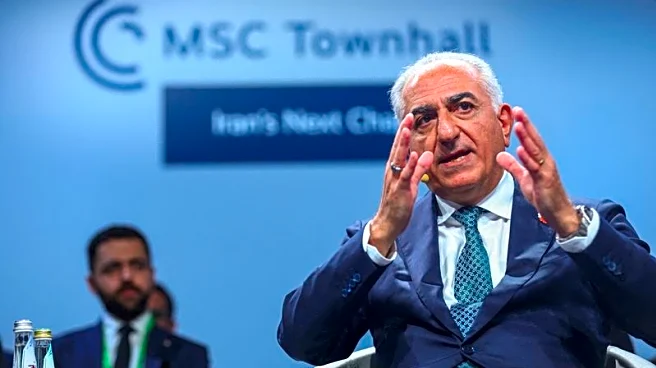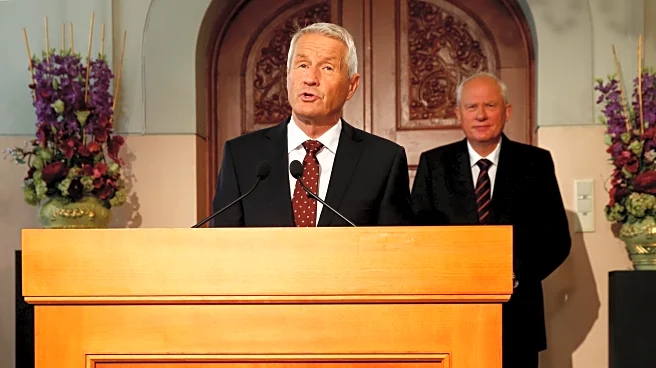Rapid Read • 8 min read
The state of Michigan is employing a unique strategy to attract tourists by incorporating scents into its marketing campaign. The 'Pure Michigan' tourism initiative has developed a room and body spray that captures the essence of a Michigan summer, featuring notes of lavender, beach air, and winery aromas. This initiative is spearheaded by Tanya Thompson, founder of The Aroma Labs, who emphasizes the connection between scent and emotions. The sprays are priced at $32 and are available online. The campaign aims to evoke the experience of a Michigan summer, with plans to introduce additional seasonal scents such as 'HARVEST' for fall and 'FIRST SNOW' for winter. The marketing effort includes a $15 million program in collaboration with local partners, featuring scratch-and-sniff panels in travel magazines to promote mindful travel experiences in Michigan.
AD
This innovative approach highlights the growing trend of experiential marketing in the tourism industry, where sensory experiences are used to create emotional connections with potential visitors. By leveraging the power of scent, Michigan aims to differentiate itself from other tourist destinations and enhance its appeal. This strategy could potentially increase tourist visits, benefiting local businesses and the state's economy. The campaign also reflects a broader shift towards promoting slow and mindful travel, encouraging visitors to savor the unique experiences Michigan has to offer. If successful, this could set a precedent for other states to adopt similar marketing techniques, further transforming the landscape of tourism advertising.
The 'Pure Michigan' campaign plans to expand its fragrance line with new seasonal scents, which could attract different demographics and encourage repeat visits throughout the year. The success of this initiative may prompt other states to explore similar sensory marketing strategies. Additionally, the campaign's impact on tourism numbers and local businesses will likely be monitored closely, providing valuable insights into the effectiveness of scent-based marketing. Stakeholders, including local businesses and tourism boards, may respond by developing complementary experiences and products to enhance the overall visitor experience.
The use of scent in marketing raises interesting questions about the role of sensory experiences in consumer behavior and decision-making. It also touches on the psychological aspects of travel, where memories and emotions are closely tied to sensory inputs. This approach could lead to a deeper understanding of how to create meaningful and lasting impressions on tourists, potentially influencing future marketing strategies across various industries.
AD
More Stories You Might Enjoy












